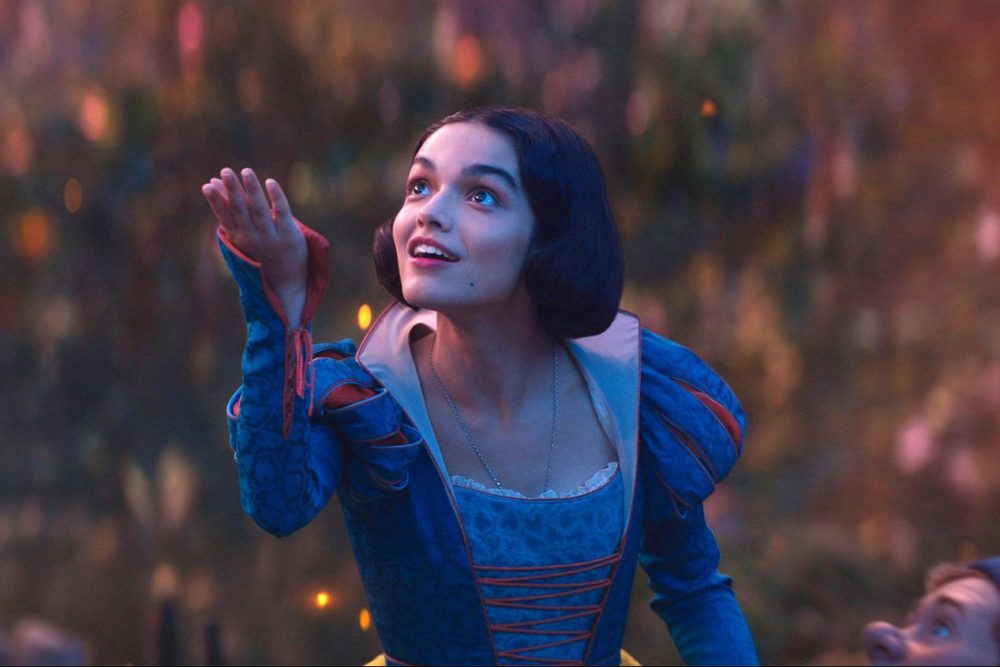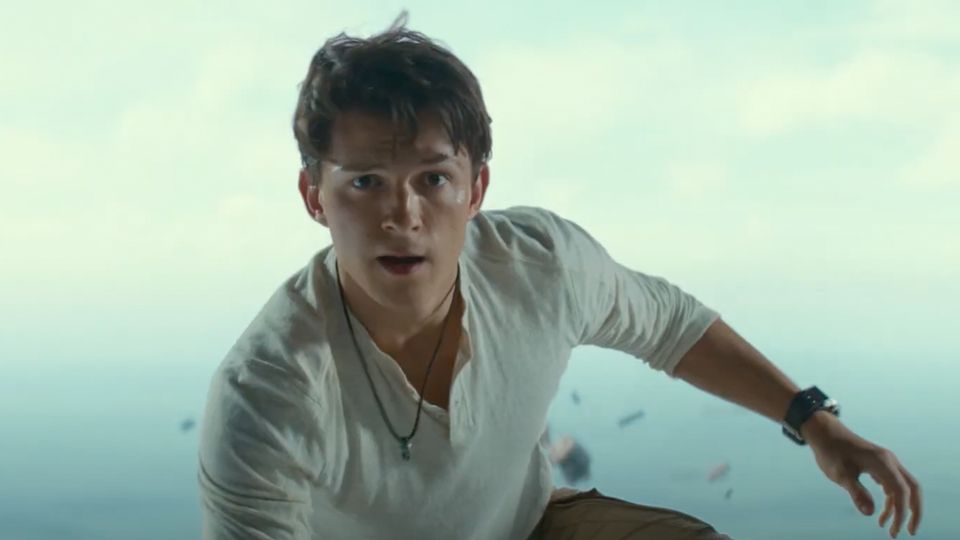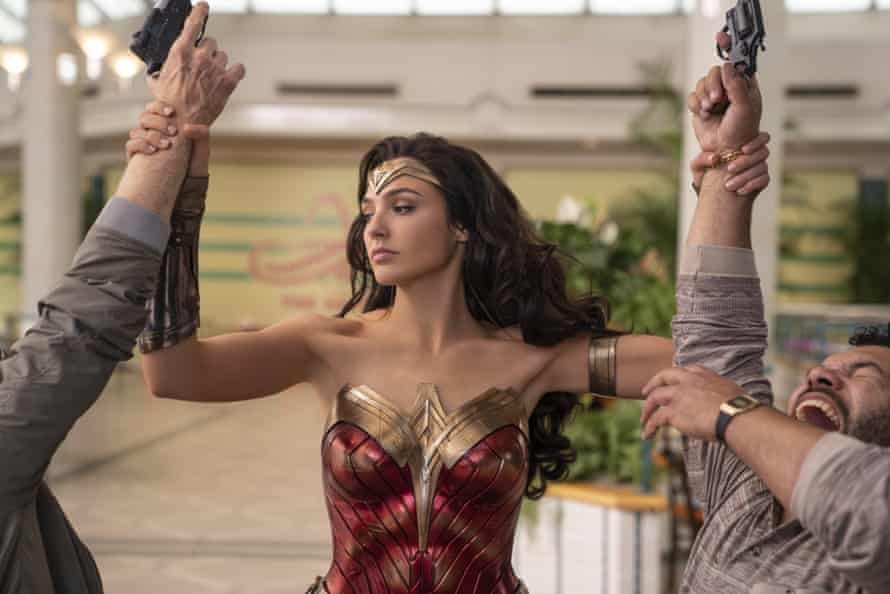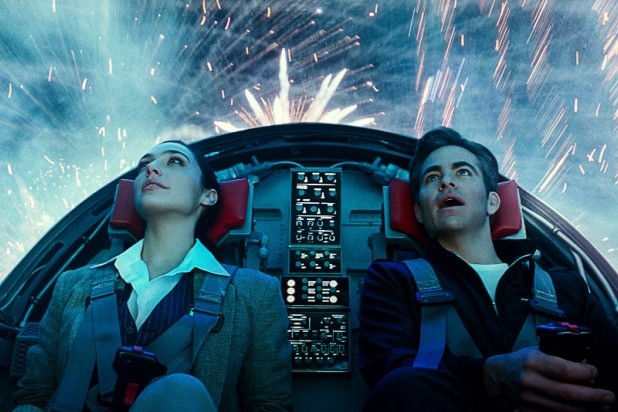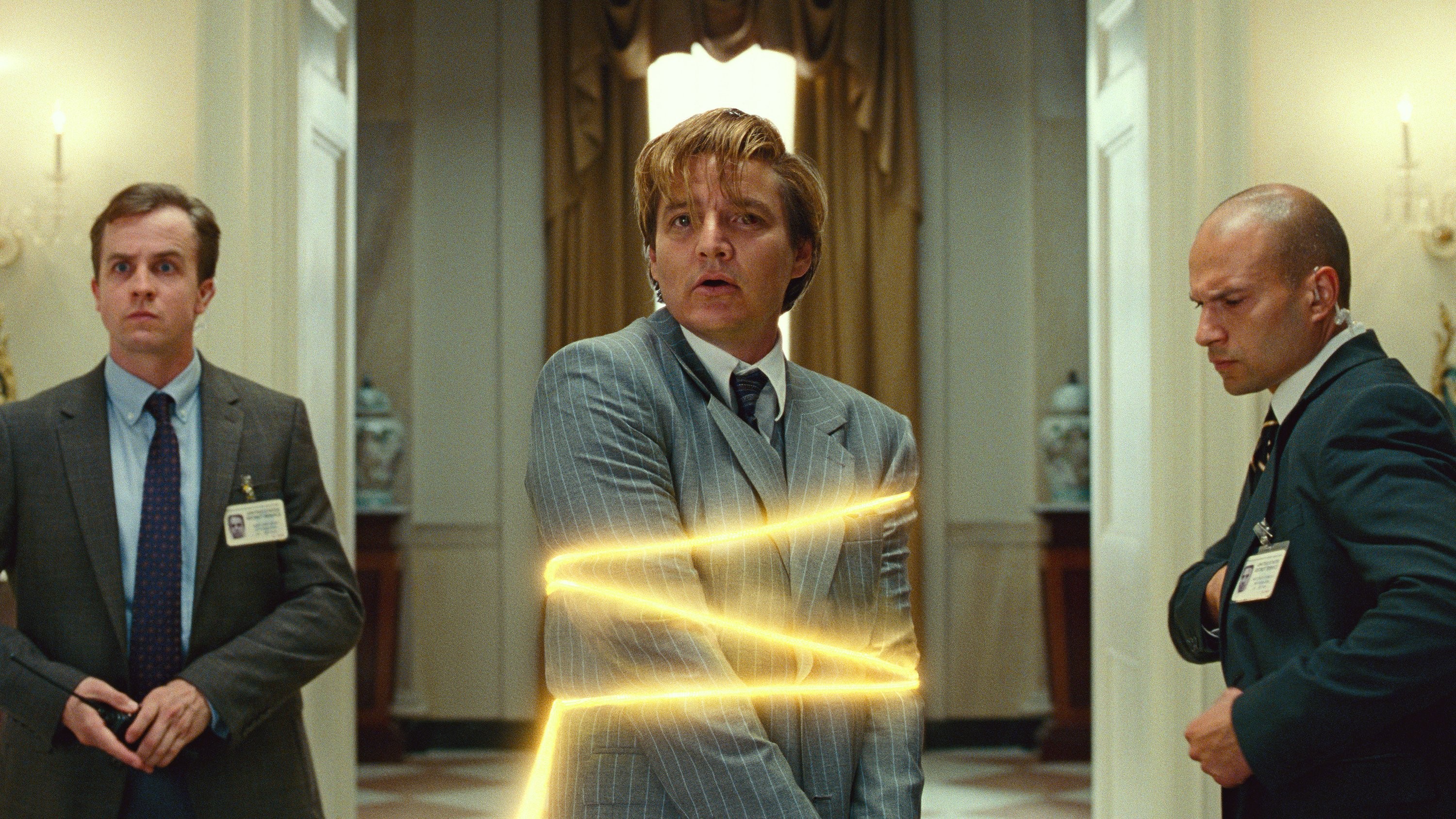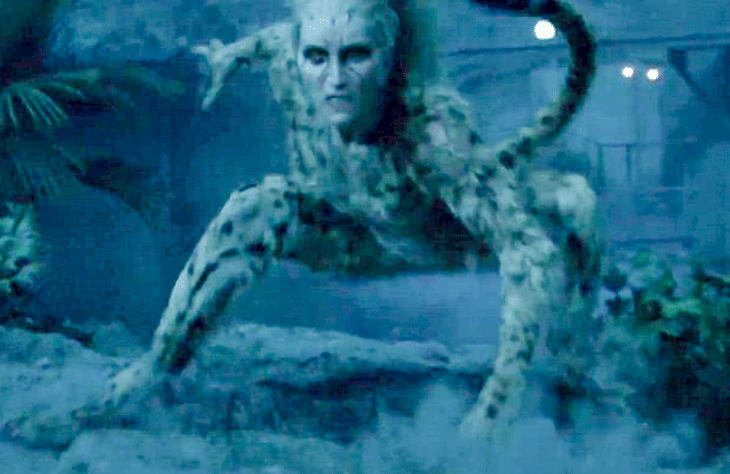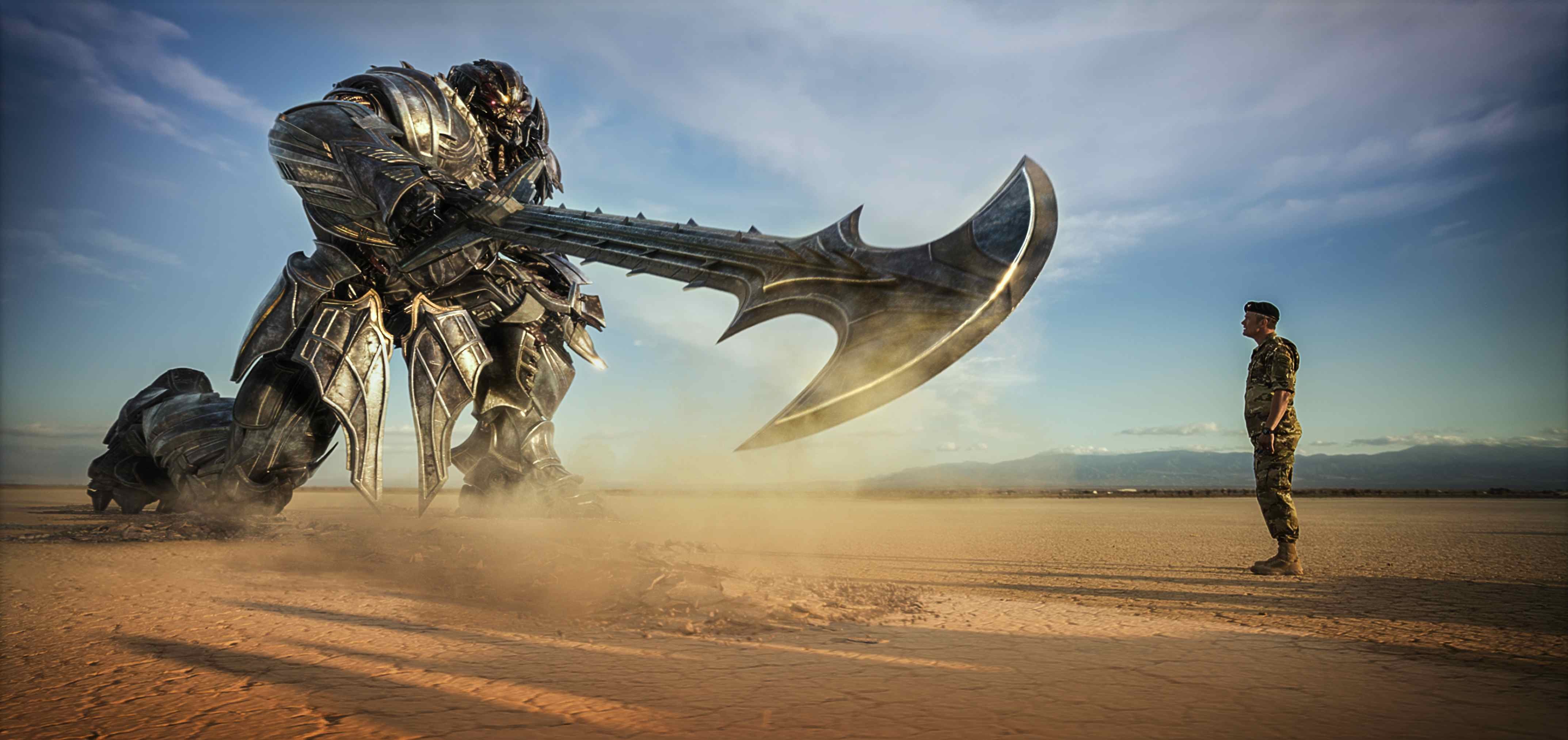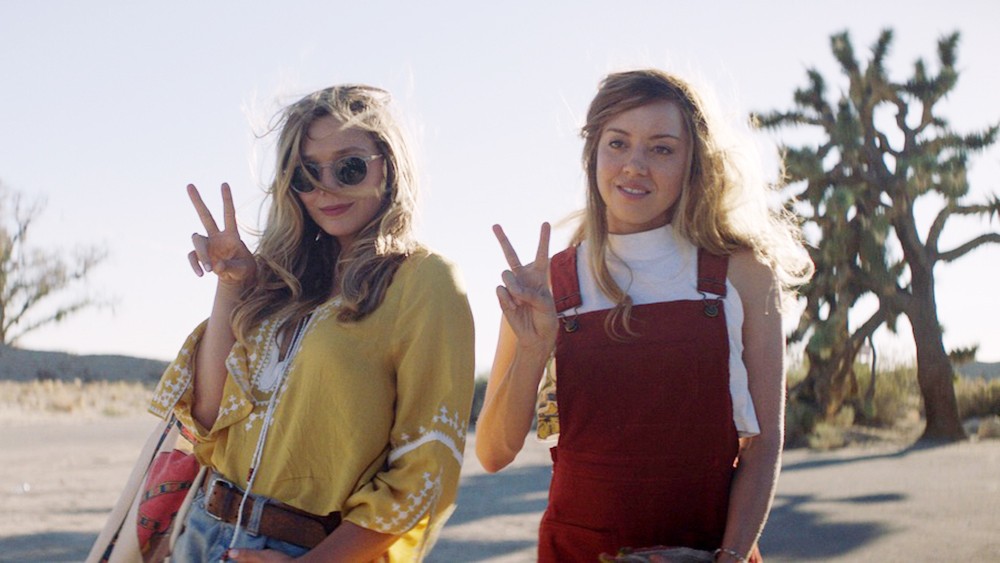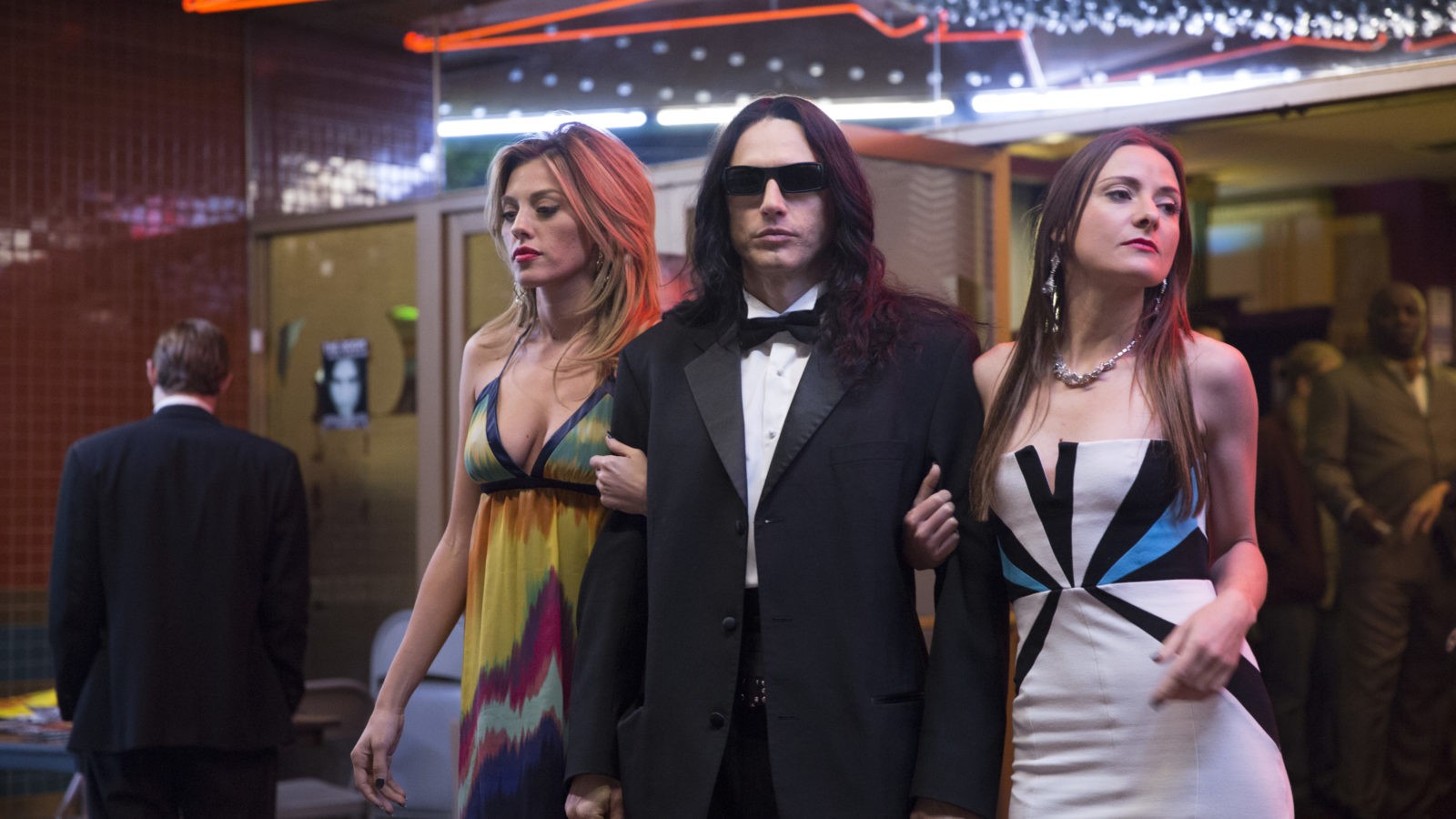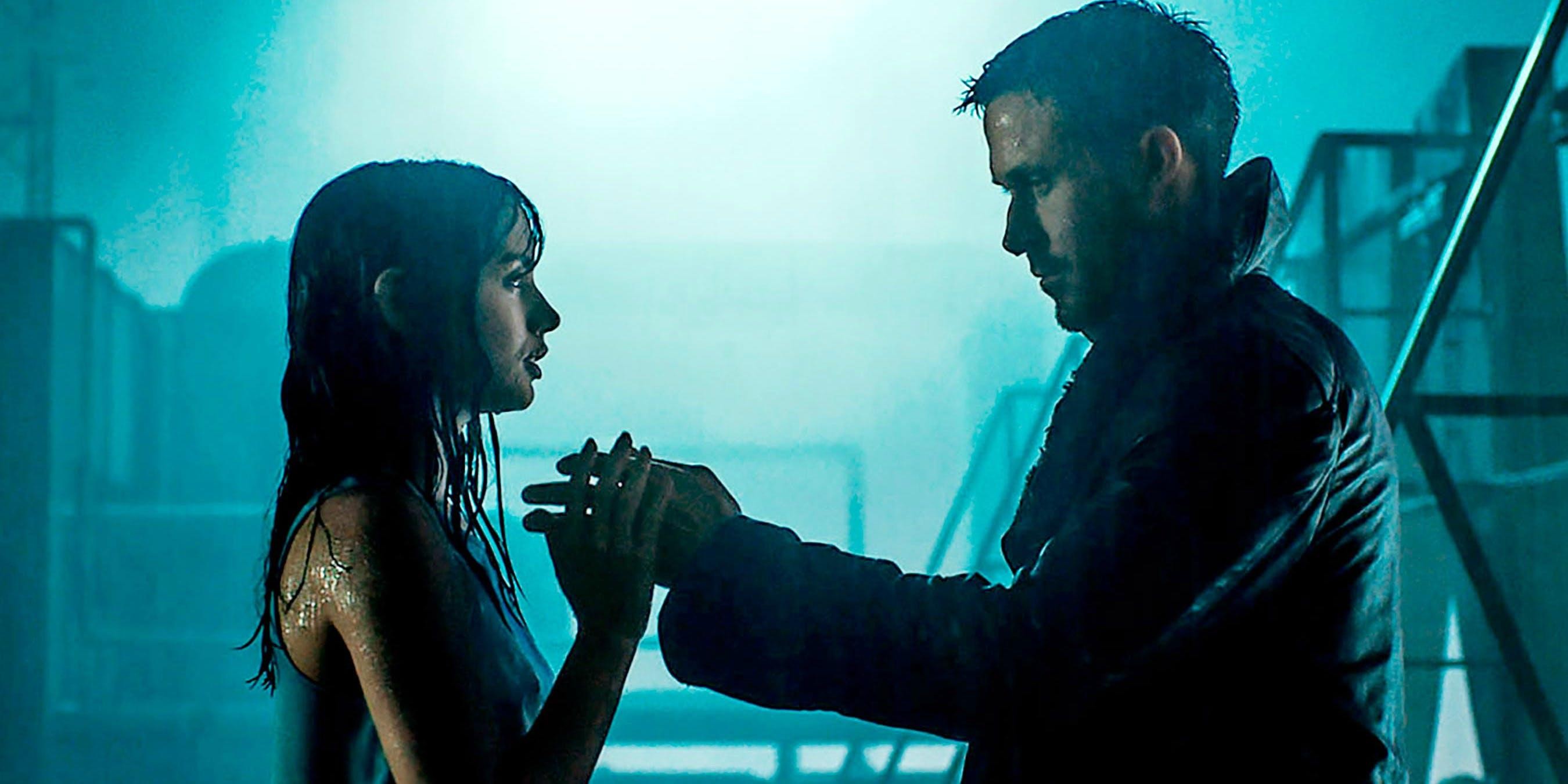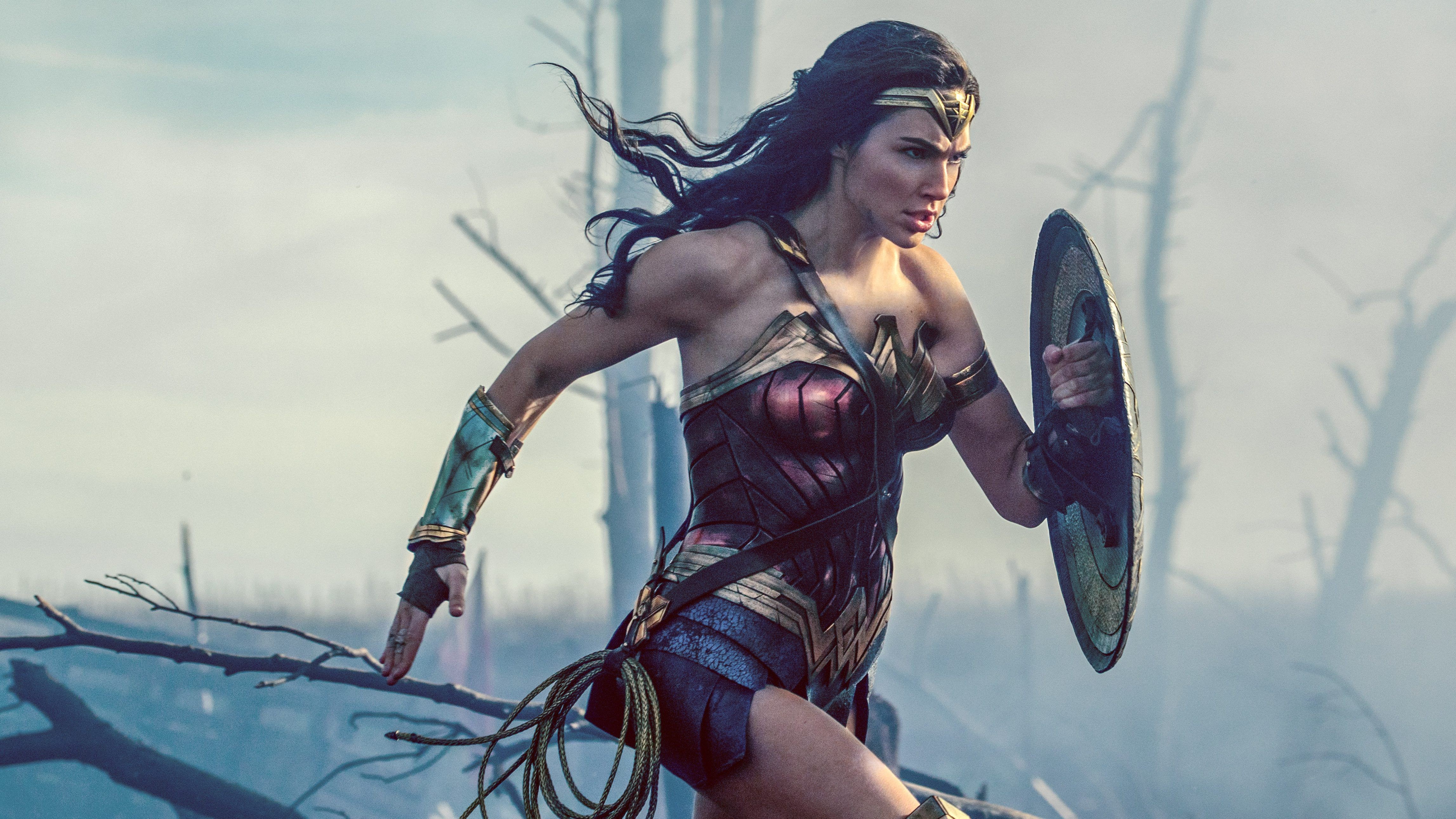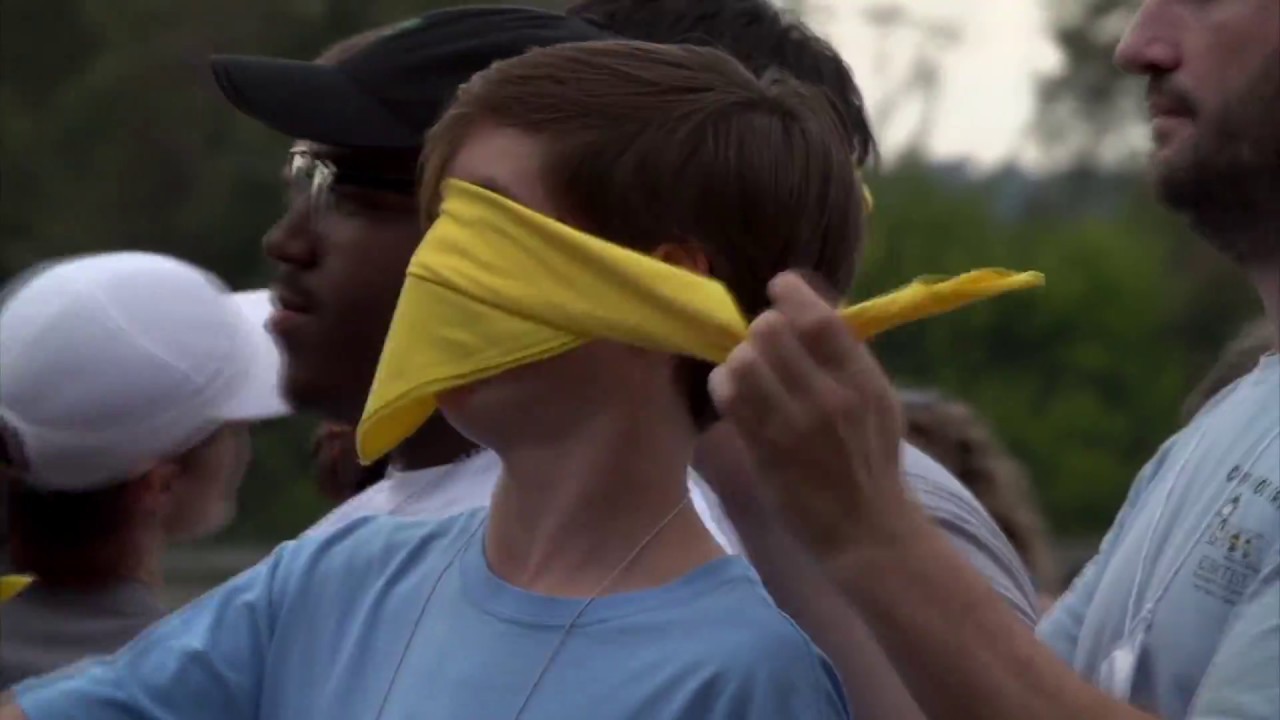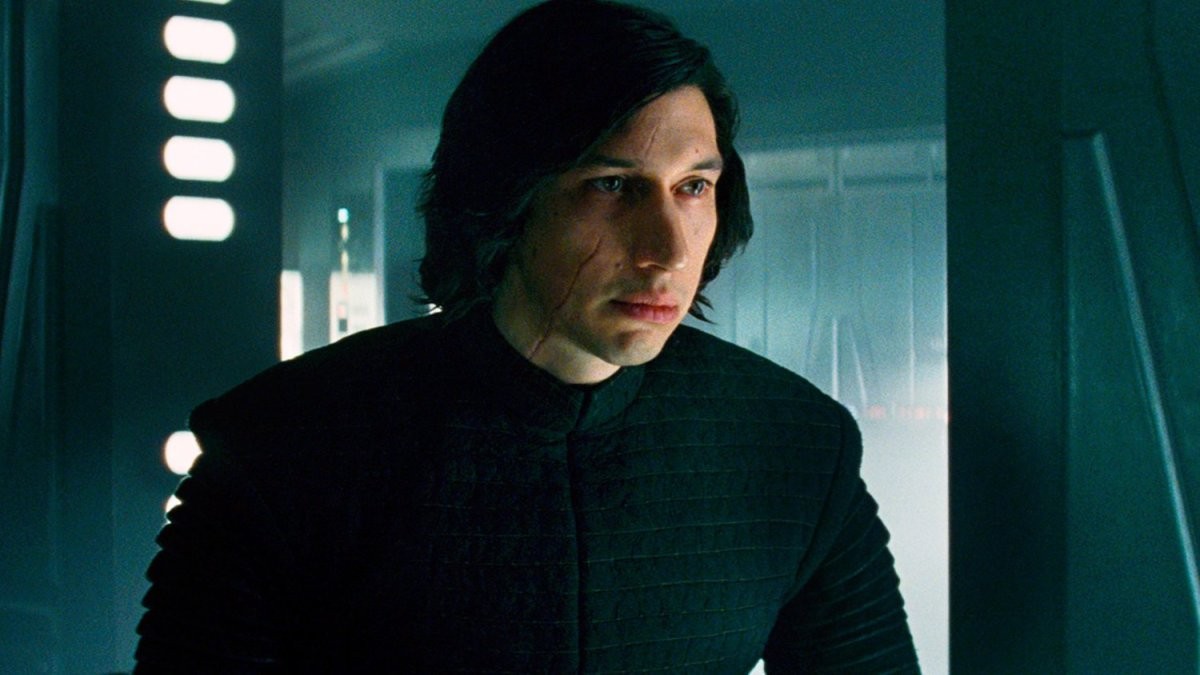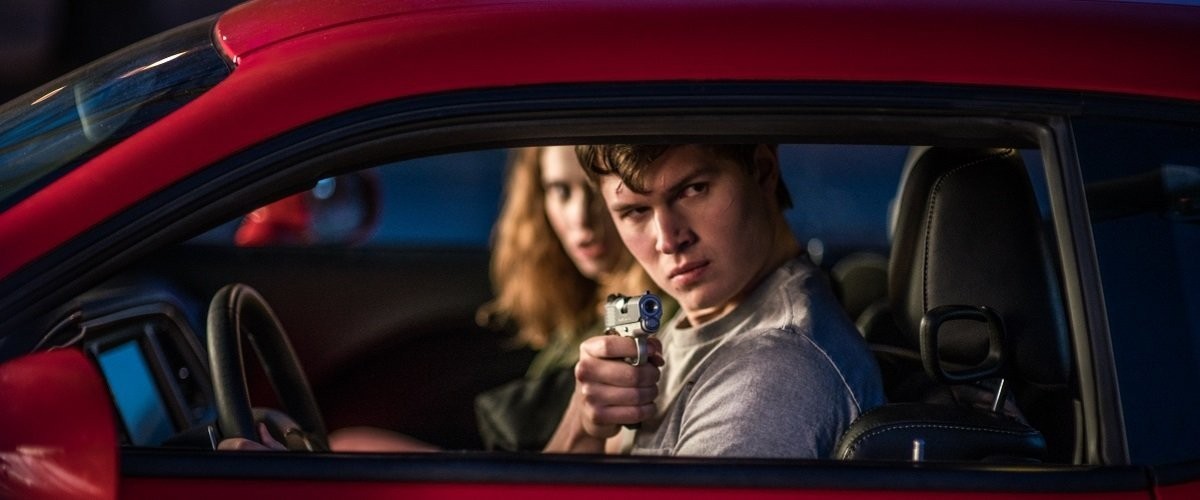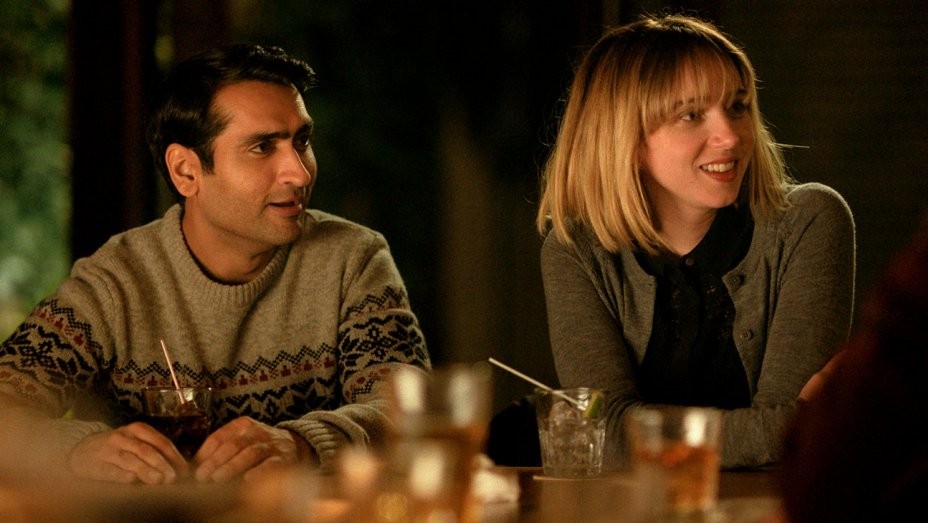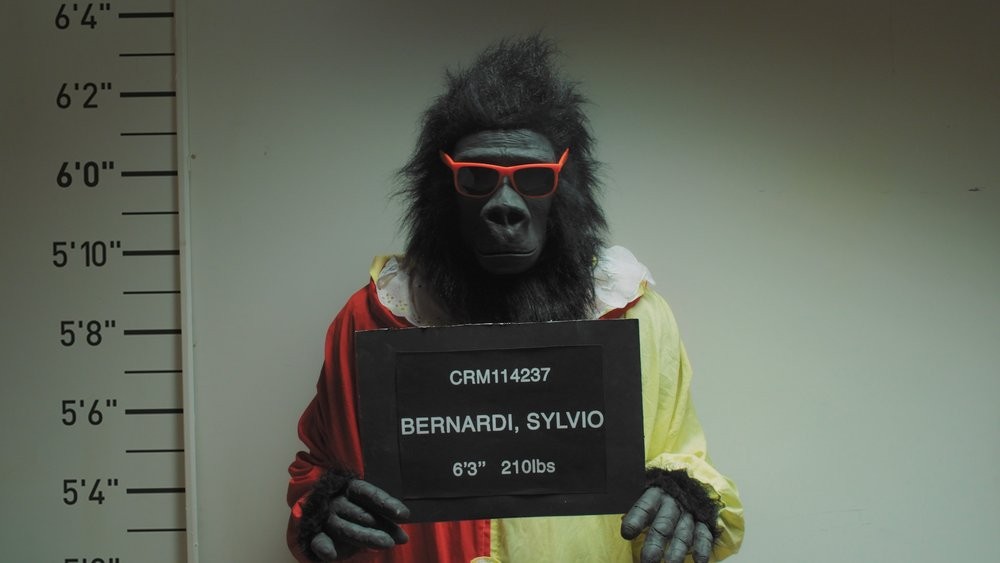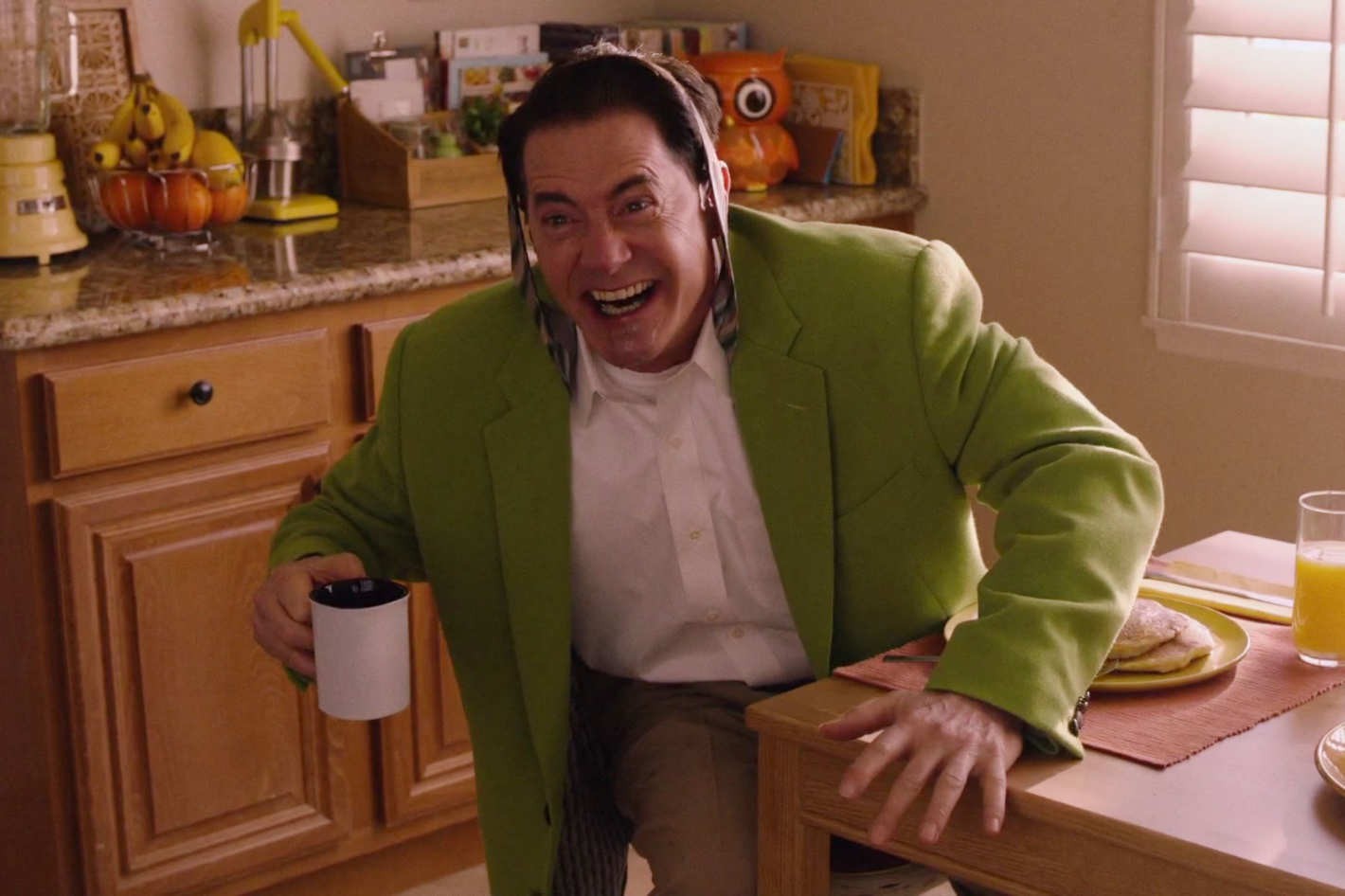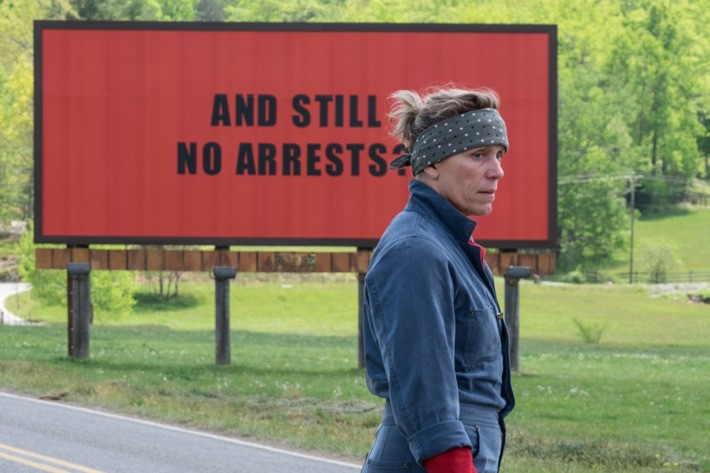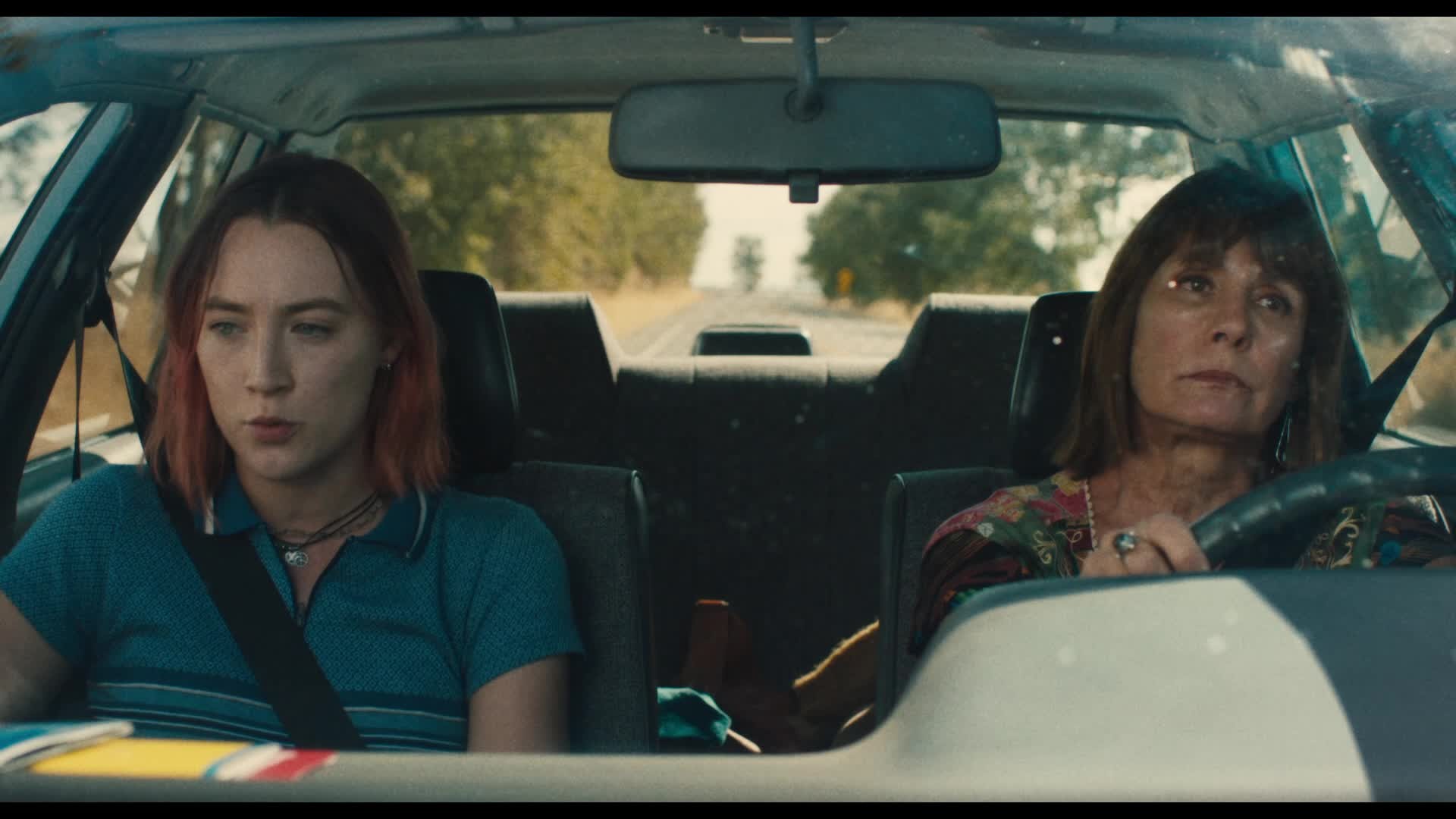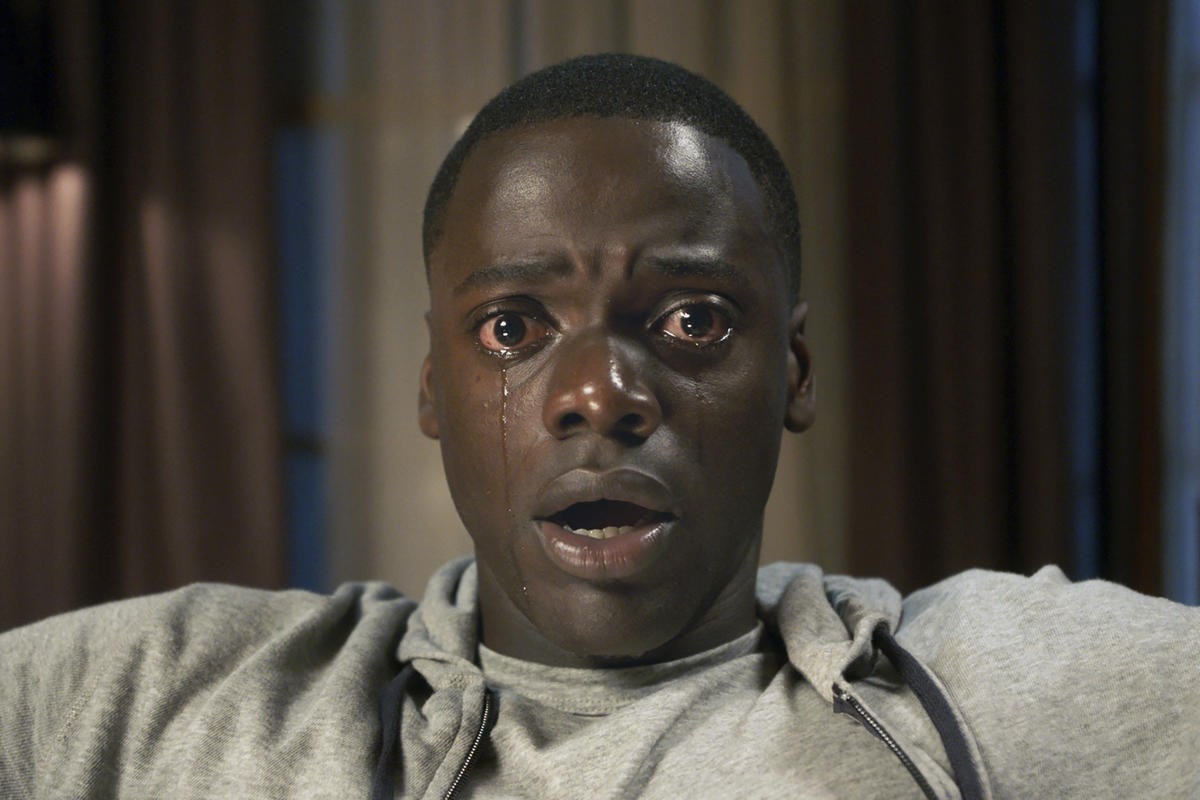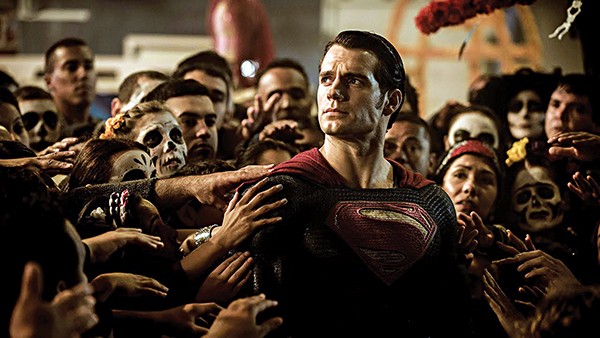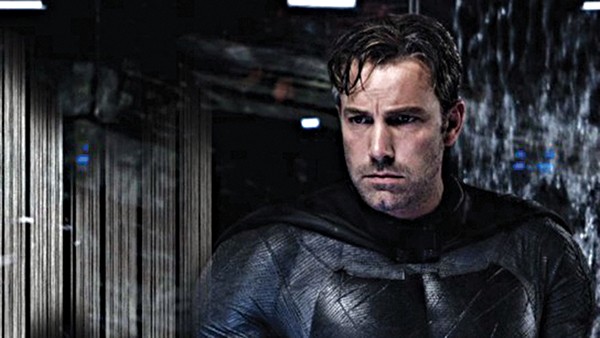Two of my favorite Disney remakes include 1998’s Parent Trap and 2004’s Freaky Friday, both starring Lindsay Lohan. I’m definitely showing my age here when I say I was shocked to even know they were remakes — in fact, I had no interest in watching the originals, because I was perfectly fine with the impression their remakes left on me. And while this may be controversial, I think that’s a mark of a good remake. Sometimes the source material may conceptually be timeless, and a few tweaks can bring the story to life for a new generation. But remakes can be tricky, especially when the legacy of the film is revered in popular culture – especially under the Disney moniker.
It’s no question that Disney can make good films, both animated and live action. Lately though, that’s not been the case. It seems as if recently Disney has tried to prove to us that they know how CGI works and they have to demonstrate this by using motion capture to give the “live acton” treatment to every animated feature they have in their catalog, regardless of whether anyone asked for it.
The latest film to become the subject of this experiment is Snow White. Directed by 500 Days of Summer’s Marc Webb, it’s a remake of the 1937 animated film Snow White and The Seven Dwarves, Disney’s first full-length animated feature which cemented itself in pop culture with its timeless iconography.
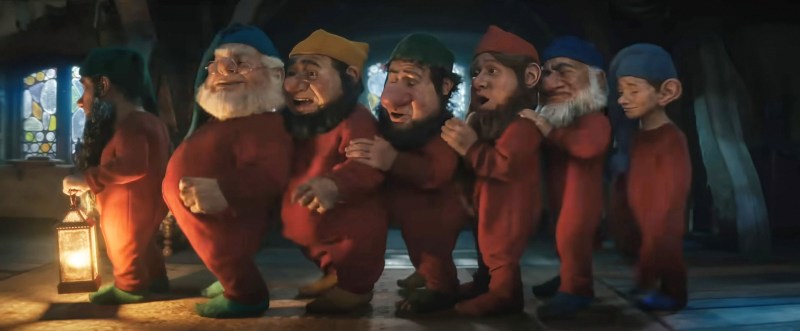
Aside from taking on a property with such a heavy legacy, the film had the odds stacked against it before it even hit theaters. The Rachel Zegler hate-train seems to have turned into a bandwagon (for reasons I’m still not sure of, but are at least partially the result of racism) and some people just don’t like Gal Gadot. Plus, we’re all tired of remakes that we didn’t ask for.
I’ve never seen the original, so there’s no sense of nostalgia for me. The fact that this was my first impression of the story even excited me, as I wasn’t blinded by bias for a classic. I’m all for widening representation, especially for Disney princesses, and I’m glad Zegler is able to be that for a new generation of young people. I just wish the film didn’t seem like an extended interaction with Disneyland cast members.
Snow White (Zegler), a princess whose upbringing and influence on her community is marked by her kindness, falls from the public eye when her mother dies and her father remarries. Her father goes out on a quest to save the kingdom from evil threats and does not return, leaving the Evil Queen (Gadot) to rule over the people. Under her reign, Snow White becomes a scullery maid.
Obsessed with vanity, the Evil Queen asks her magic mirror daily “Who is the fairest one of all?” Usually, the mirror’s response is to her liking. But one day the mirror reveals that Snow White is now the fairest, which the queen takes a threat to her position. Enraged, she orders the Huntsman (Ansu Kabia) to lure Snow White to the forest and kill her, bringing back her heart as proof.
While in the forest, the Huntsman is touched by Snow White’s compassion and warns her of the queen’s plans. As she flees, she finds a cottage where she rests until she is awakened by the home’s inhabitants, the seven dwarves.
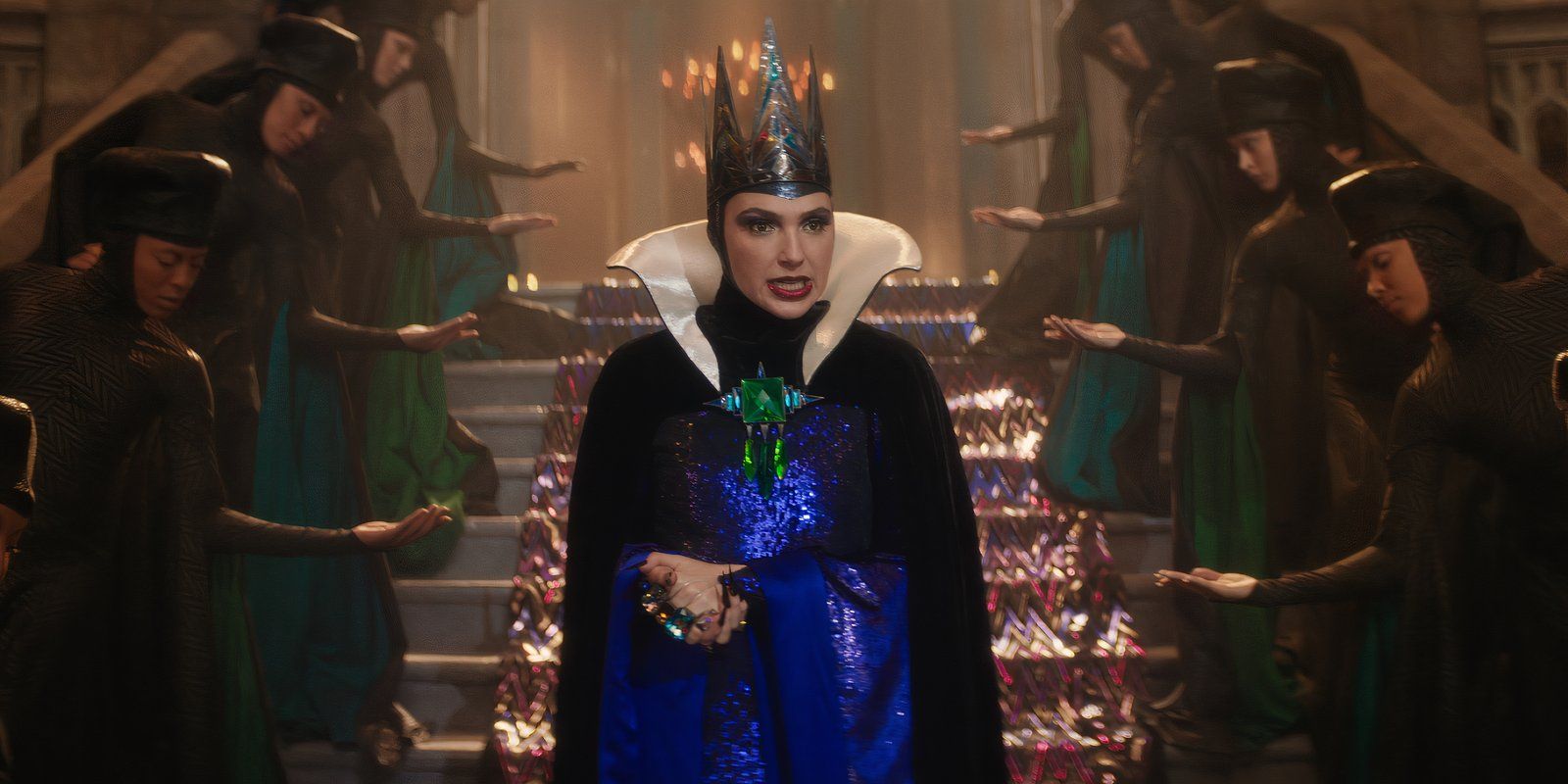
Zegler’s acting is fine; nothing to write too strongly for or against. She definitely has the voice of a Disney Princess, yet the songs themselves aren’t memorable enough for a second listen. Gadot’s performance reminded me of something you’d see in a movie-within-a-movie, where we’re supposed to know she’s acting badly, like in Singing in the Rain when Jean Hagen massacres The Dueling Cavalier.
There was a lot of time spent showing the mines where the very scary CGI dwarves worked which could have been better spent crafting more seamless story — how did Snow White go from a maids dress to her iconic princess garb? We don’t know!
I could very well still be spoiled by the musical phenomenon known as Wicked, but I just don’t think Disney knew what they wanted to do with this film. This could’ve been a way for them to reintroduce a beloved classic for younger audiences, but I doubt the uncanny dwarves will be invited into anyone’s house via rewatch.
